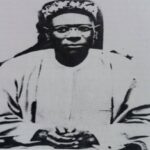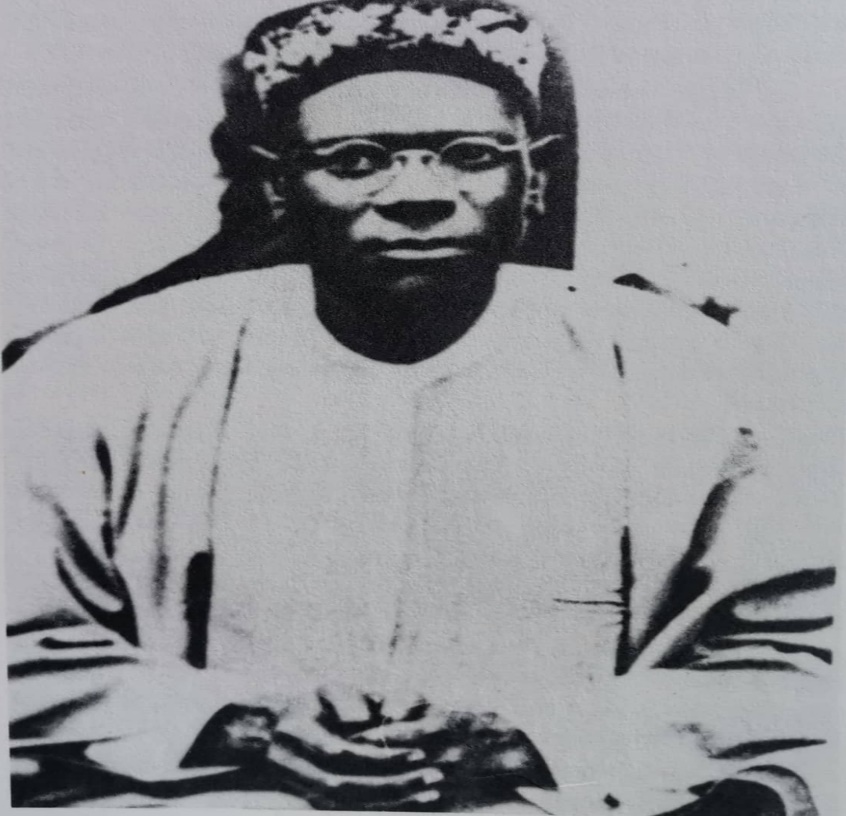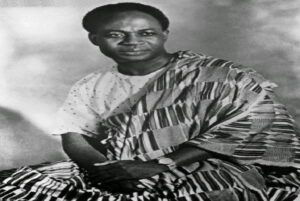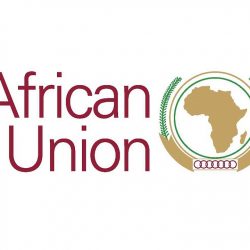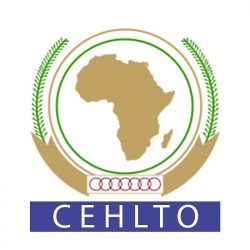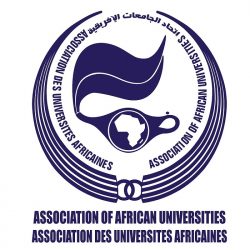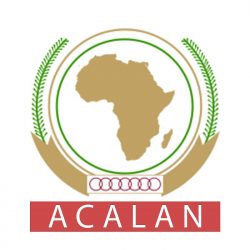JULIUS GULAMA
Julius Gulama (1893-March 8, 1951) was a paramount chief of Kaiyimba in Moyamba district who played a prominent part in developing education and political awareness among the people of the Protectorate, in the last decade before independence. He was one of the main forces behind the formation of the Sierra Leone People’s Party in 1951.
Born in 1893, he was originally known as Julius Foday Cole. His father was a Mende, Momoh Gulama, the sub-chief of Moyamba and his mother was a Temne from Masimera in the Port Loko district of the Northern Province. Julius attended the Evangelical United Brethren School at Rotifunk in Moyamba district and later went to the Albert Academy in Freetown. On completing his schooling, he returned to Moyamba to teach at the dayschool which later became the Harford Girls’ School. In 1912, he joined the Railway Department as a ticket examiner (as ticket collectors are known in Sierra Leone) working there until 1914, when during World War I he was enlisted as a carrier clerk in the Cameroons campaign. After demobilisation in 1918 he worked first in the Medical Department as a vaccinator, and later as store clerk in the firm of Paterson, Zochonis & Co. when it opened a branch in Moyamba.
By the time of his election as paramount chief in 1928, Julius Gulama was already a popular and well-known figure. Within his own chiefdom he instituted various reforms in the system of tribute to be paid by his people. Attempts to regularise the payment of tribute by subjects to their chiefs had been embodied in a Protectorate Native Law Ordinance as early as 1905, but had met with opposition over the clause relating to commutation of labour for a fixed payment of tithe. After experiments in two chiefdoms, reported to be successful, the Colonial Office decreed that commutation policy should be a discretionary matter left to individual chiefs and their subjects. In 1934, Julius agreed with his people to abolish the existing ad hoc system of tribute and replace it by a fixed tribute, as well as a fixed amount of labour for public works. Other reforms included prohibitions against public gambling and the pollution of streams.
A staunch supporter of the war effort, when World War II broke out Julius was active in raising volunteers among the citizens of Moyamba, as well as engaging in fund raising activities.
A man of progressive ideas, he was instrumental, along with Dr. M.A.S. Margai (q.v.) in organising regular conferences of chiefs to discuss matters of common concern and to submit recommendations to the colonial administration. This movement which began in Moyamba district, quickly spread to other districts, and formed the basis for district councils and Protectorate Assembly, set up by statute in 1946.
His efforts were not only directed towards administrative reforms but to the consolidation of the various political factions in the Protectorate. He initiated moves that resulted in the formation of the Protectorate Education Progress Union (P.E.P.U), a body which aimed, through the provision of scholarships for Protectorate youths of promise, to raise educational standards and to lessen the wide gap between Protectorate and Colony in this respect. He was also the honorary president and only paramount chief member of the Sierra Leone Organization Society (S.O.S.), a political pressure group founded in 1946 to give voice to the aspirations of the Protectorate educated elite.
During the debates between Colony and Protectorate over the implementation of the constitutional changes proposed in 1947 by Governor Sir Hubert Stevenson (1941-1948), the S.O.S. took a strongly critical line against the continuing preeminence of traditional leaders, the paramount chiefs, as Protectorate representatives to the proposed Legislative Council. Due to the influence of Chief Gulama and Dr. Margai, this anti-chief stance was modified and the S.O.S. merged with other political groups (the P.E.P.U. and the People’s National Party) to form the Sierra Leone People’s Party in 1951.
Julius Gulama did not live to witness the march towards independence under the party which he had done so much to shape. He died on March 8, 1951.
ARTHUR ABRAHAM
